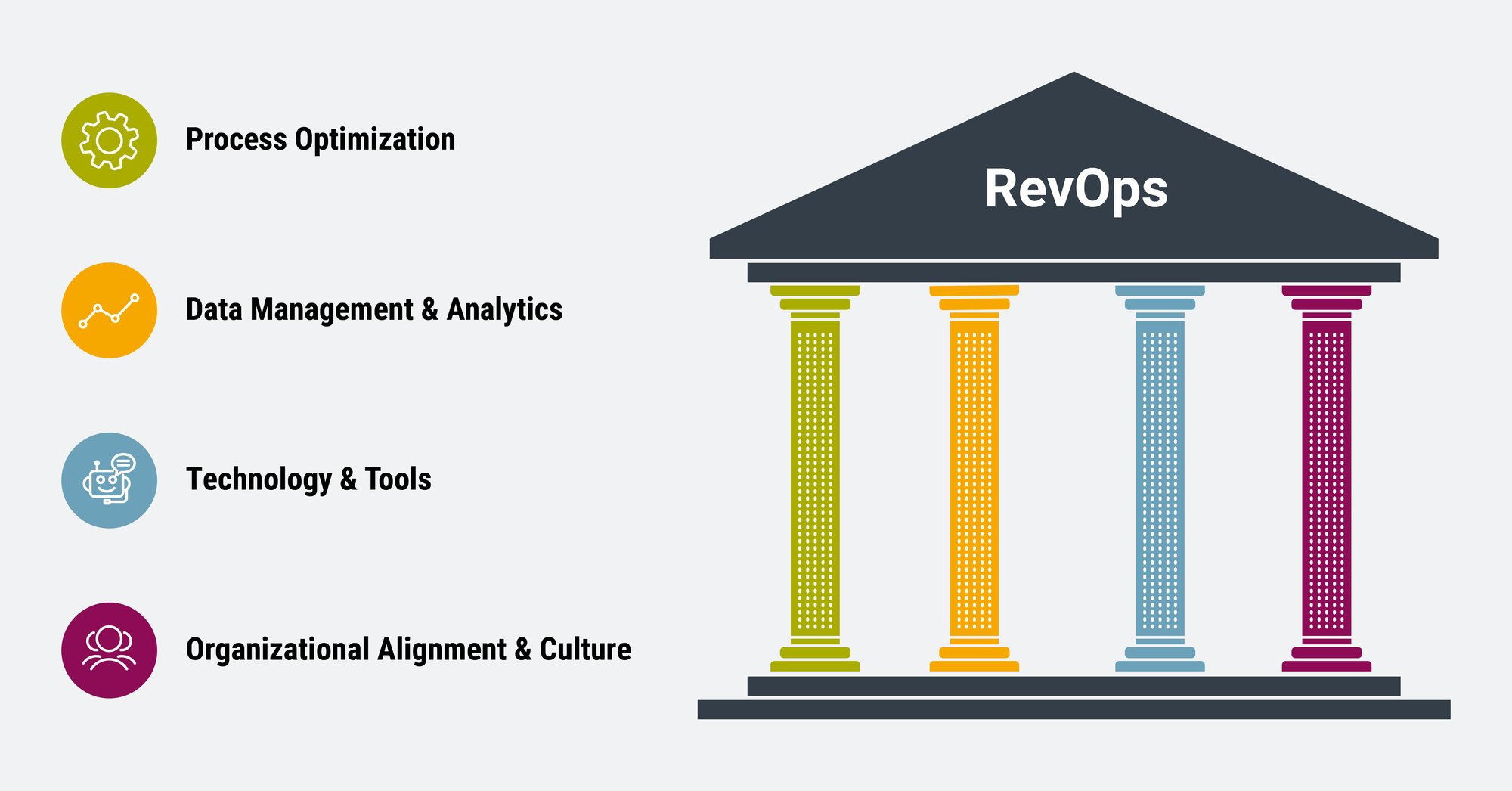In today’s fast-paced world, business news and global markets are intricately connected. News, whether it’s about economic trends, corporate earnings, or political shifts, can have a profound effect on how global markets behave. The way markets react to this information can create ripple effects that influence everything from stock prices to commodity values, often within moments of the news breaking.
Understanding how the impact of news on markets shapes economic activity is key for investors, business leaders, and policymakers. Market movements driven by news can offer opportunities for growth, but they can also signal potential risks. The sheer speed at which information spreads today makes staying informed not just advantageous but essential. The question is, how exactly is business news shaping markets, and how can one leverage this understanding?
The Role of Economic Indicators in Market Sentiment
One of the most impactful categories of global markets news influence is economic data. Reports on inflation, unemployment rates, or GDP growth often drive investor sentiment. For example, a report showing higher-than-expected inflation can signal to investors that central banks may raise interest rates, which could cool off economic growth. This, in turn, can lead to a decline in stock market prices as investors adjust their portfolios.
Similarly, a report of low unemployment or strong GDP growth may lead to optimism in the markets, encouraging investments in sectors that benefit from a strong economy, like consumer goods or technology. In this context, business news and global markets work in a cyclical relationship, where market movements reflect the broader economic climate that news reports help illuminate.
Corporate Earnings and Market Reactions
Another area where business news and global markets intersect is in corporate earnings reports. Companies around the world release earnings reports on a quarterly basis, revealing their financial health. These reports are often seen as a bellwether for a company’s future performance and the overall economy. Positive earnings can lead to a surge in a company’s stock price, while disappointing earnings may have the opposite effect.
For example, when a company like Apple or Tesla reports record profits, it can send ripples through the entire stock market. This can lead to increased confidence in the tech sector, as well as optimism about the broader market. Conversely, if a major company falls short of earnings expectations, it can result in sharp declines in its stock price, affecting investor confidence and possibly leading to market-wide pullbacks.
This dynamic highlights the impact of news on markets, where the release of financial data often triggers immediate reactions from investors, signaling the direction in which markets are heading.
Political Events and Geopolitical Tensions
Political events and geopolitical tensions are another major factor influencing business news shaping markets. News about elections, government policy changes, trade agreements, and international conflicts can all affect global markets in different ways. Political instability, for instance, can result in market volatility as investors react to uncertainty. A sudden shift in government leadership or a surprise election result can lead to sharp price movements in stocks, currencies, and commodities.
Trade wars, such as the one between the United States and China, have the potential to disrupt global markets by affecting international trade flows, tariffs, and supply chains. When these events make headlines, they can prompt reactions from markets that influence commodity prices, currencies, and even broader economic expectations.
For example, when news breaks that tariffs are about to be imposed on a particular industry, stock prices in that sector can drop, while companies focused on domestic production might see their stock rise. In this way, global markets news influence helps shape investor behavior and market outcomes, often amplifying the effects of political events.
Central Bank Decisions and Market Impact
Central bank decisions are among the most influential pieces of business news and global markets. Central banks, such as the Federal Reserve in the United States or the European Central Bank, have the power to shape economic conditions by adjusting interest rates and using other monetary policy tools. When these institutions announce changes to interest rates or outline their monetary policy strategies, markets react quickly.
A rate hike typically signals that the central bank is trying to control inflation or cool down an overheating economy. This often leads to a rise in bond yields and a decrease in stock prices, as borrowing costs increase and corporate profits are potentially squeezed. On the other hand, a rate cut is often seen as a sign of economic support, which can lead to an uptick in market sentiment, driving stock prices higher.
Investors, businesses, and governments closely monitor these announcements as they can dramatically shift market expectations. This is a prime example of how the impact of news on markets can dictate investment strategies and corporate decisions globally.
Natural Disasters and Market Reactions
While economic data and political events are major drivers of market movements, business news shaping markets also includes coverage of natural disasters. Events such as hurricanes, earthquakes, or wildfires can disrupt entire industries and create uncertainty in the markets. The immediate aftermath of a natural disaster can lead to a spike in commodity prices, especially if key supply chains are disrupted.
For example, the aftermath of Hurricane Katrina in 2005 led to a significant rise in oil prices, as the storm disrupted oil production in the Gulf of Mexico. Similarly, the COVID-19 pandemic, which was initially seen as a public health crisis, rapidly evolved into a global economic crisis, with markets plummeting in response to lockdowns, travel restrictions, and the widespread disruption of business operations.
This shows how global markets news influence extends beyond just the business world, as events in other areas—like natural disasters or health crises—can have far-reaching consequences on financial markets.
The Rise of Social Media and Real-Time News
In today’s digital age, the rapid dissemination of business news and global markets is more immediate than ever. Social media platforms and real-time news outlets now serve as the primary source of information for investors and businesses, enabling them to respond to breaking news within seconds. The instantaneous nature of news sharing means that markets can react faster, and often more violently, than before.
Social media influencers, analysts, and even individual investors can shape market behavior by sharing information or opinions that prompt widespread action. In some cases, market-moving news can go viral in minutes, triggering large-scale shifts in stock prices, cryptocurrency values, or commodity prices.
The role of real-time information further underscores the impact of news on markets, as traders and investors must navigate the flood of updates that come their way, making it more important than ever to stay informed and agile in the face of breaking news.
Conclusion
The intersection of business news and global markets is more pronounced than ever in today’s interconnected world. Whether it’s economic data, corporate earnings, political events, or natural disasters, news can have a significant and immediate impact on how markets behave. Understanding the global markets news influence helps businesses and investors navigate the volatility and opportunities created by such events.
With the rise of real-time news, staying informed is critical. Business news shaping markets is a dynamic force that requires both attention and analysis to fully understand the implications it may have on the global economy. As the world continues to evolve, keeping track of business news and global markets will be essential to making informed decisions and staying ahead in the marketplace.



